החודש, הקהל יכול להקרין הוורד הלבן, written and directed by Ian Kim on Planet Classroom Network. This film is curated for Planet Classroom Network by KIDS FIRST! פסטיבל סרטים.
הוורד הלבן is the story of German students who resisted the Nazis in the early 1940’s. ב 1933, Adolf Hitler and the Nazi Party seized control of Germany and transformed it into a totalitarian Fascist state bent on conquest, subjugation, and genocide.
בינתיים, German university students, led by siblings Hans and Sophie Scholl, formed an underground resistance movement called the White Rose, beginning a heroic campaign to distribute anonymous leaflets calling on the German people to rise up and overthrow the Nazi regime, a cause that they paid for with their lives.
גלובל החיפוש לחינוך is pleased to welcome Ian Kim.
Ian, how did you first hear about the story of הוורד הלבן, and what inspired you to make a film about it?
I heard about the story of the White Rose in my 9th grade English class when we were discussing the book Internment by Samira Ahmed. The book tackled topics such as discrimination, authoritarianism, and resistence, and when we were assigned a research project to explore those themes in the real world, I chose the White Rose as my subject. Most of my classmates wrote papers or slideshow presentations, but I decided to make an animated film since I had a background in animation and filmmaking at the Righteous Conversations Project, where I had previously worked on three animated short documentaries about the lives of Holocaust survivors. I also took interest in the White Rose because of my previous immersion in Holocaust history at RCP, and I wanted to approach the subject from a slightly different angle.
How did you come up with the art and animation design for this short film?
Since I made the film for a school project, I had a very short timeline of about 4 days to write, animate, and edit the film. Animation is usually a very time-intensive process, so I put a lot of thought into making effective images that were also simple to pull off. This led me to come up with the falling-petal motif and the more abstract paper cutout animation style. I also decided to quote a substantial amount of primary source documentation, which had the benefit of strengthening the message and relevance of the story while also not requiring time to animate. בסך הכל, the creative constraints of the situation ended up leading to some of the most interesting narrative and technical aspects of the film, and pushed me to explore new digital techniques that I have since honed to great effect in my later projects.
Can you tell us about your research process for creating this film?
To get a well-rounded surface-level understanding of the subject, I first looked at online encyclopedias and secondary sources. I then went deeper into the primary source material, mostly through the White Rose website, where I found translations of the original 6 leaflets. I read through them and selected passages to include in the film, looking for the sections that could both vividly represent the message and tone of the leaflets and shape a narrative arc for the film. I also found the personal account of former White Rose member George Wittenstein online, which I edited to create my voiceover.
The film itself is fairly short yet it’s very informative, and it successfully portrays a complete story. Was there anything you found in the research process that you wanted to include but ended up cutting?
If I had more time, I would have included more information about the other members of the White Rose, and gone more deeply into the content and progression of the leaflets as well as the broader historical context of Germany and Europe at the time.
What is something you hope audiences will take away from your film?
I hope this film will make people more aware of the continuing fight against oppression and authoritarianism. The message of the White Rose continues to be relevant 80 שנים לאחר מכן, and I want people to realize that protecting freedom and democracy requires constant vigilance from all members of society. I also want people to know that resistance is possible even in the most dire of circumstances, and that young people have the power to stand up and make meaningful change.
C.M. Rubin and Ian Kim
אל תחמיץ הוורד הלבן, written and directed by Ian Kim, now screening on Planet Classroom Network. This film is curated for Planet Classroom Network by KIDS FIRST! פסטיבל סרטים.

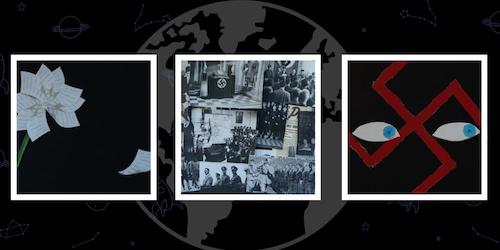

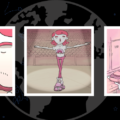
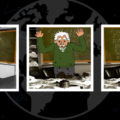
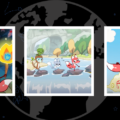
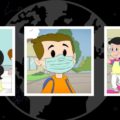
תגובות אחרונות